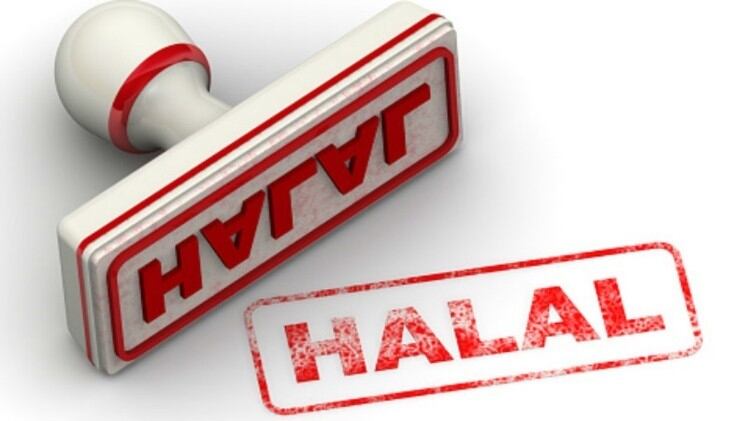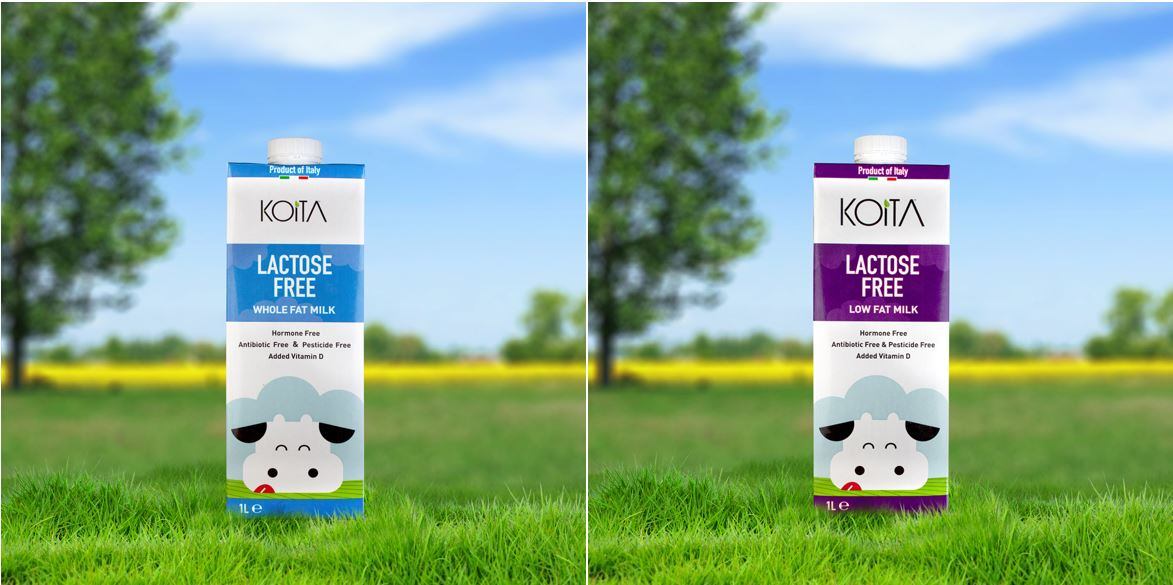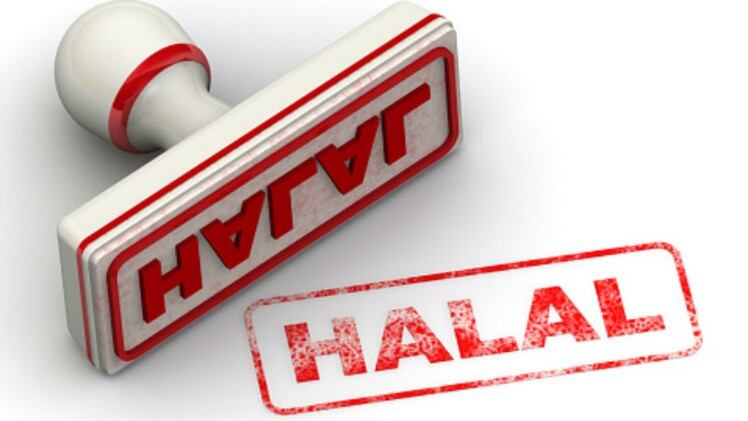The fake halal meat scandal surfaced in December last year, where meat importers had allegedly bribed custom officials for 40 years to import and sell frozen meat from non-halal certified sources.
The meat including beef, kangaroo and horse meat were imported from countries including China, Ukraine, Brazil, and Argentina, and were mixed and repackaged in Malaysia and sold to consumers.
This had raised fury and concerns since these meats were typically not slaughtered according to Islamic standards, nor sourced from approved stakeholders.
The government said in response to the meat scandal that it would develop Standard Operating Procedures (SOPs) to prevent the duplication of halal certificates through the use of digitisation in halal food products.
As the agency responsible for overseas halal certification in Malaysia, JAKIM released a draft of the Malaysia Procedure for the Recognition of Foreign Halal Certification Bodies (FHCB) 2021, as a measure to protect Muslim consumers.
According to a JAKIM spokesperson, the draft had been in the works for years.
Recognised foreign halal certification bodies
FoodNavigator-Asia learned that JAKIM has 84 recognised foreign halal certification bodies (FHCB) from 46 countries, as of December 2020.
These FHCB act as JAKIM representatives to monitor and verify the halal status of raw materials and are authorised to give halal certification.
At present, food and goods imported in Malaysia which have been certified as halal by FHCB must mark the name of the said certification body on the products.
For meat and meat-based products, it is a stricter process, with the products not only being halal certified by FHCB, but the plants must also be inspected and approved by JAKIM.
The appointment of FHCB lasts for two years, and they are required to submit annual reports to JAKIM.
Draft changes
In the new draft, all halal certified products by FHCB entering Malaysia must now be marked or labelled with both a halal logo and a QR code. This only refers to pre-packaged products.
The QR code will carry information of the said halal certified products for consumers, and aid with enforcement for officers involved in checking imported goods.
The details of the QR code information will be announced officially before the implementation of the recognition procedure officially.
In the new draft, the validity of the recognition was raised to three years.
According to JAKIM, in the first year of recognition, top management from the FHCB, the Halal Certification Approval Committee and auditors have to attend compulsory training program organised by JAKIM.
The training element was the main reason for the extension period of the recognition to three years, to help FHCB understand better the Malaysia halal standard and requirement.
The draft covers categories ranging from food and beverages (e.g. meat, dairy, oil, fruits, vegetables, bakery, fish, eggs, drinks etc), food service (restaurants, food trucks etc), consumer goods (baby wipes, hand sanitiser etc), cosmetics and personal care (toothpaste, soap, shampoo etc), pharmaceutical, and medical devices.




